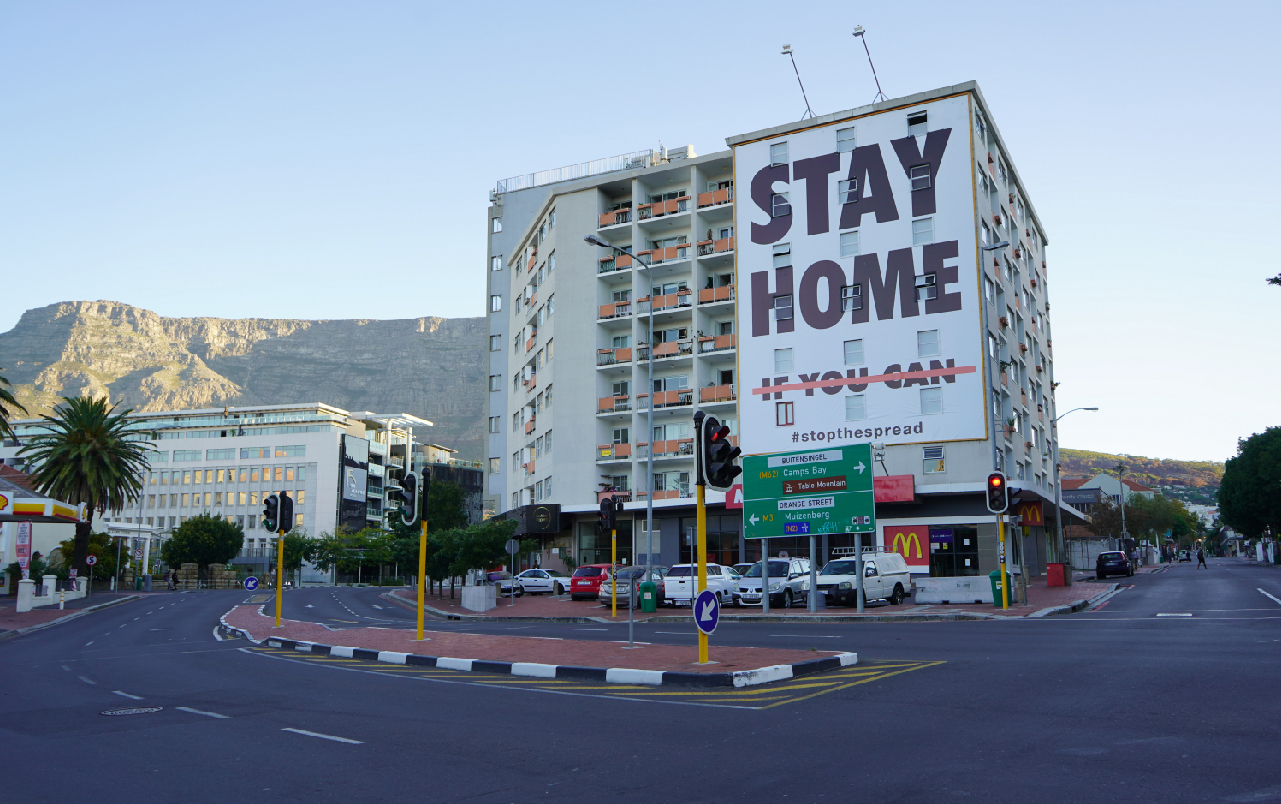South-South Global Thinkers is a global coalition of think tank networks that facilitates the sharing of knowledge, expertise, and perspectives…
Originally published by IISD SDG Knowledge Hub.
While preparations are underway for this year’s UN General Assembly and the UN 75th anniversary, the world is still grappling with the COVID-19 pandemic and its impact on all areas of life.
Cooperation and partnerships on the local, national, and international levels, as called for in Sustainable Development Goal 17, are more vital than ever. Many multilateral bodies have yet to show real leadership when it comes to this. The pandemic has exposed their internal rifts and animosities.
In the meantime, civil society, academia, and citizens are collaborating to help humanity soften the blow of the most significant event in recent history. COVID-19 has impacted the world as a whole, but some populations are more affected than others. That is why voices from developing countries in the Global South are critical at this moment.
Like most organizations, the Southern Voice network has had to adapt. Luckily, our 51 member think tanks across Africa, Asia, and Latin America generated timely analysis of how the new coronavirus was affecting their countries. At the network’s Secretariat, we felt that researchers, policymakers and other stakeholders outside the network, should be able to access this knowledge. Hence, we created a sort of “one-stop-shop” on information on COVID-19 in the Global South. At first just a page on our website, it has now evolved into a full-fledged digital knowledge hub.
Southern Voice’s researchers from 25 countries are analyzing the impact the pandemic is having in areas such as the economy, gender equality, education, and the digital divide. The user has direct access to information on how each region (Africa, Asia, and Latin America) is dealing with the virus. In addition, information can be searched at a global level.
The hub also shows how each SDG is being affected by the pandemic. For example, the gulf between the “digital have and have nots” became even more evident this year. For the majority of people in the Global South, working or learning from home via virtual means is not an option. This fact is further widening the poverty gap, with a direct impact on SDG 1 (no poverty) and various other Goals.
The next generation of humans will be affected more than any other by the aftershock of COVID-19, in particular through impacts on education. Achieving SDG 4 (quality education) is critical to fulfilling the 2030 Agenda’s principle of leaving no one behind.
As a “bonus”, Southern Voice is also making available a database of experts from across the Global South. Various Southern Voice research centres are now teaming up to offer concrete solutions and recommendations to the crisis. Updates on their work will be available in the hub.
We hope that the database will be used for conference organizers and media outlets, but also by policymakers seeking advice on how to “build back better” with the help of fact-based, timely analysis.
Spaces like this hub represent a glimmer of hope among all the bad news this year. A concrete example of cooperation and partnership, it proves that humanity can come together. It shows that we can tackle a problem that affects us all, much in the spirit of the upcoming Declaration on the Commemoration of the UN’s 75th Anniversary. In it, the UN Heads of State and Government pledge to “boost partnerships” across the whole of society to “ensure an effective response to our common challenges.” To achieve that, new and diverse voices from all walks of life and cultures are pivotal. For this reason, Southern Voice members are working tirelessly not only to understand the effects of the pandemic but also to promote hands-on solutions for the short and long-term.
We hope that the COVID-19 in the Global South knowledge hub becomes a go-to place for analysis and recommendations. It is a testament to the cooperative work of hundreds of researchers across the Global South and beyond.
2020 can go down in history as an apocalyptic year. Or it can be a time in which we finally join hands to make SDG 17 a reality, through a more robust multilateral system.


